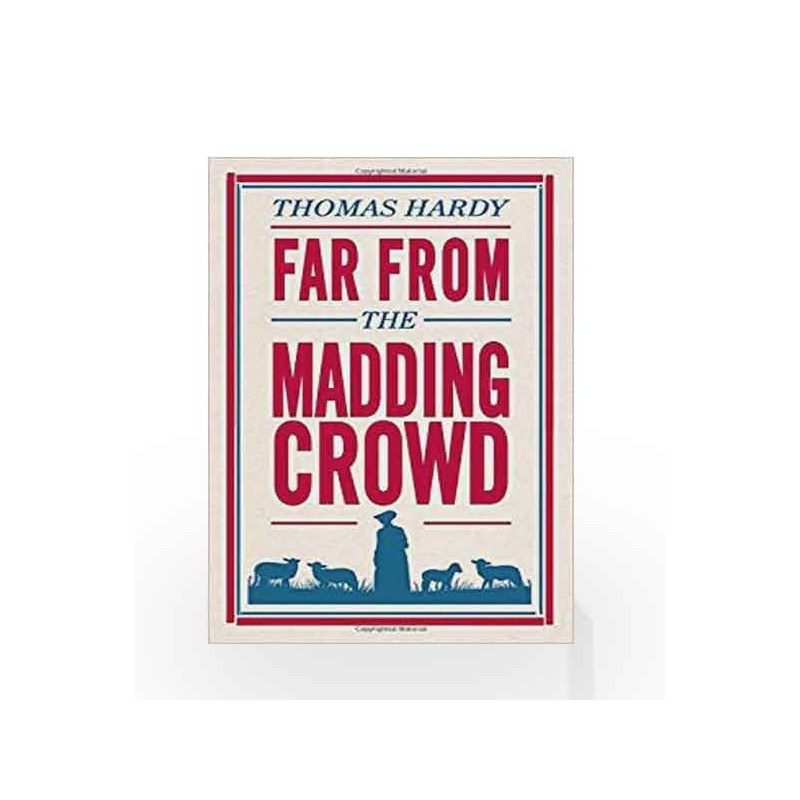

Hardy painted his settings with a poetry nearly unsurpassed, and the reader is pulled into each evocative scene, where Hardy’s characters become much greater because of the tangibility and simplicity of the world in which their often-mundane lives are set. Though Bathsheba is the main protagonist, one cannot ignore the significant role the rustic backdrop plays, which is really where Hardy’s storytelling gifts reside. Miss Bathsheba Everdene ranks as one of Hardy’s most conflicted and passionate female characters, and with the recent movie release of “Far From the Madding Crowd,” now is a perfect time to revisit the book that inspired the film. Thomas Hardy, beloved author of many novels portraying the stifled passions of pastoral 19th century England, excelled at intertwining the bucolic and wild landscape of the English countryside with the vivacious minds of men and women fettered into conformity by the structure of Victorian conventionalities. Some authors, Shakespeare, for example, are revered for their artful ability with the written word, while others, such as Orwell, remind us of the complexities of societal dynamics and its pitfalls. Folkloric traditions, with the sharing of legends, songs and myths, can fulfill this same mission, which is man’s way of connecting the collective human condition across the span of time.

Often accompanying the experience is a weighty realization that some universal truth has been put forth within the pages for future generations to take up and pass along to their descendants. Reading classics can be a bit like listening to great pieces of music.


 0 kommentar(er)
0 kommentar(er)
